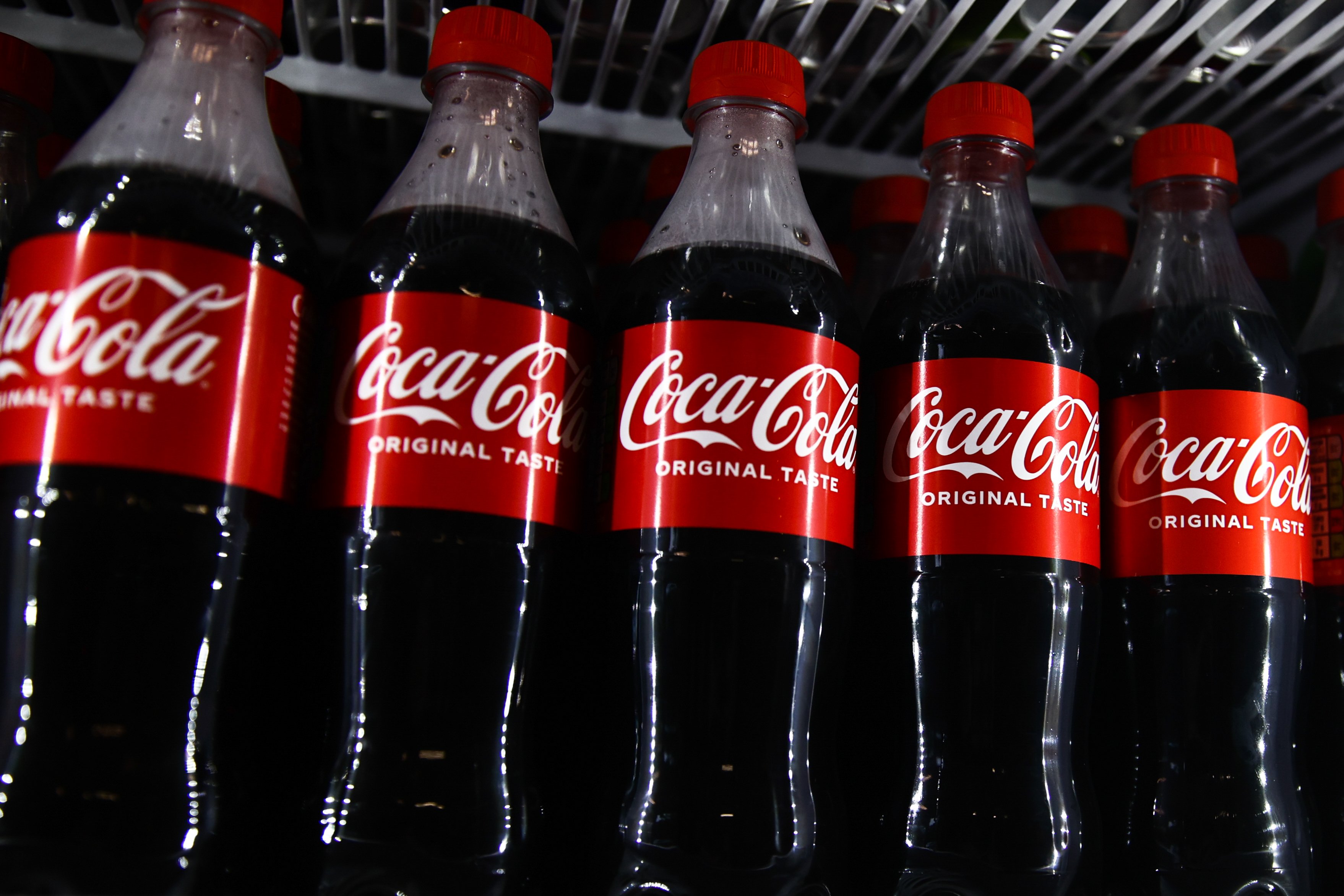
There's a good reason health-conscious consumers believe that if you can't pronounce an ingredient on a food or beverage label, you shouldn't eat or drink it, but it's just as true that simply because the words manufacturers use are intelligible doesn't mean they're necessarily good for you, either. Case in point is brominated vegetable oil, the not-so-hard-to-pronounce ingredient Coca-Cola (KO 0.15%) has recently announced it would stop using in its Powerade drink.
Despite containing the wholesome sounding "vegetable oil" and the Food and Drug Administration saying the ingredient is safe for consumption ("pending additional study") -- the Beverage Institute says it prevents citrus flavoring oils in drinks from floating to the surface -- it's actually a synthetic compound that was first developed as a flame retardant by Koppers Holdings, which received a patent for it in the U.S. in 1967. Dow Chemical got one for Europe just a couple of years ago.
Although the FDA approves BVO use here in the U.S., the chemical is banned for use in food across Europe and Japan. It's derived from corn or soy and then bonded with bromine, an element that can build up in the body and has been linked to numerous ill health effects such as "fertility problems, precocious puberty, neurological impairment, and changes in thyroid hormones," according to Newsweek..
Last year, PepsiCo (PEP 0.63%) said it would remove BVO from Gatorade and recently it announced it would work to remove it from the rest of its products as well. Coke will be removing it from Powerade, Fanta Orange, and Fresca. And while this all may have been the result of a teenager launching a petition on Change.org to pressure the beverage companies to act, it's also part of a larger and growing trend among consumers to shun products that are derived from whole foods.
Subway, for example, recently agreed to remove azodicarbonamide, the so-called "yoga mat chemical," from its breads, and Yum! Brands' Pizza Hut said it's removing it from dinner rolls at select restaurants. The FDA permits its use for hurrying the bleaching effect on flour, instead of allowing it to naturally whiten over the course of a week, but Singapore considers azodicarbonamide so harmful that its use is subject to a 15-year prison sentence and a $450,000 fine.
There's also been a backlash against the use of high-fructose corn syrup and aspartame in beverages, synthetic hormones in dairy, genetically modified ingredients generally, and artificial dyes and preservatives in foods. Of course, some natural food colorings like the easily pronounced carmine have also caused an uproar, but only because consumers found out it came from squashed bugs. But even when companies try to switch ingredients, they don't necessarily go natural.

Source: Coca-Colalife.com.ar.
Watching sales of diet soda plunge over the past few years, Coke and Pepsi began testing stevia, a plant-based alternative to HFCS and aspartame. But to produce the sweetener, they highly process it using erythritol, a sugar alcohol derived from carbohydrates such as sucrose, glucose, and starch. Cargill was sued for calling its Truvia brand of stevia "natural" and set up a $5 million fund to pay consumers who were deceived by that marketing.
Unless you're eating a diet of raw, whole foods -- and then locally and organically grown at that -- it's difficult to find food that isn't tainted in some fashion by chemicals. That apple a day you're biting has probably been coated with diphenylamine, or DPA -- toxic according to the EU; A-OK to the FDA -- to give the fruit its shine and allow its long-distance transport.
Consumers are waking up to the way agricorporations are affecting our food supply, and the reaction is causing the companies to constantly have to put out fires. Coke and Pepsi saw soda sales plummet because of artificial sweeteners and suffered a backlash over the use of a flame-retardant chemical in their beverages, suggesting that if investors want to keep the stream of rising revenues and dividend payments growing, they'll pressure the beverage giants to continue making changes before the next brush fire pops up.







